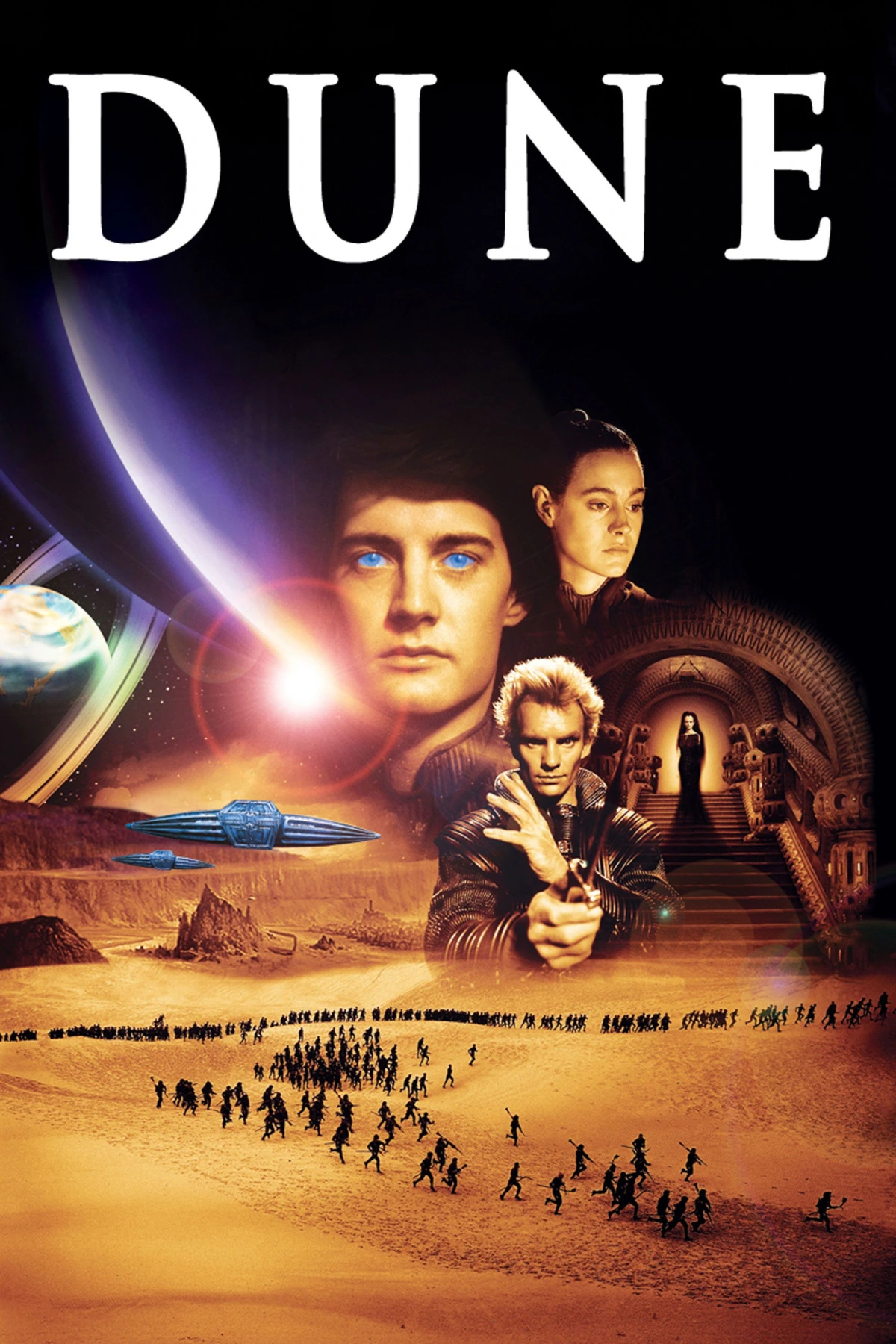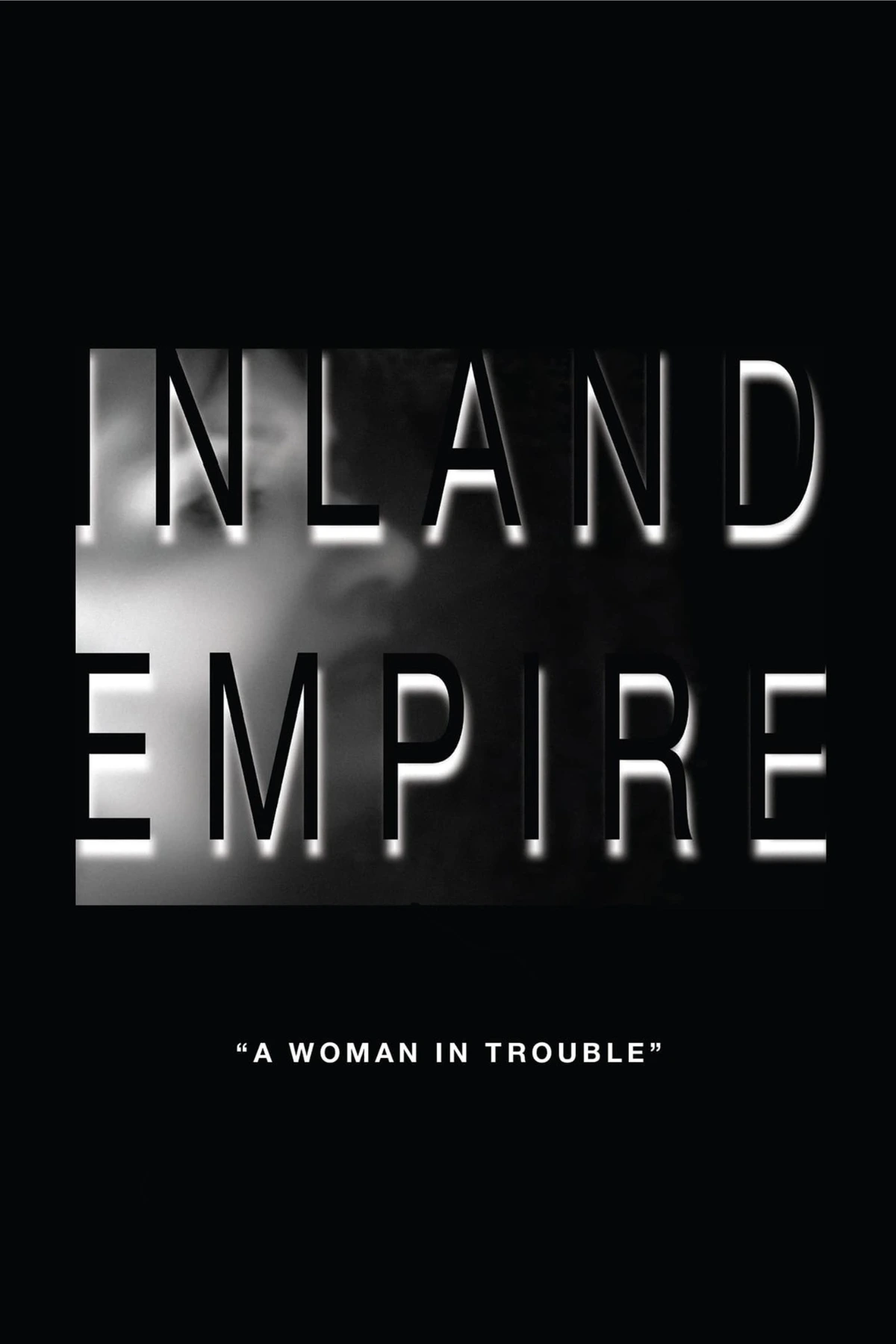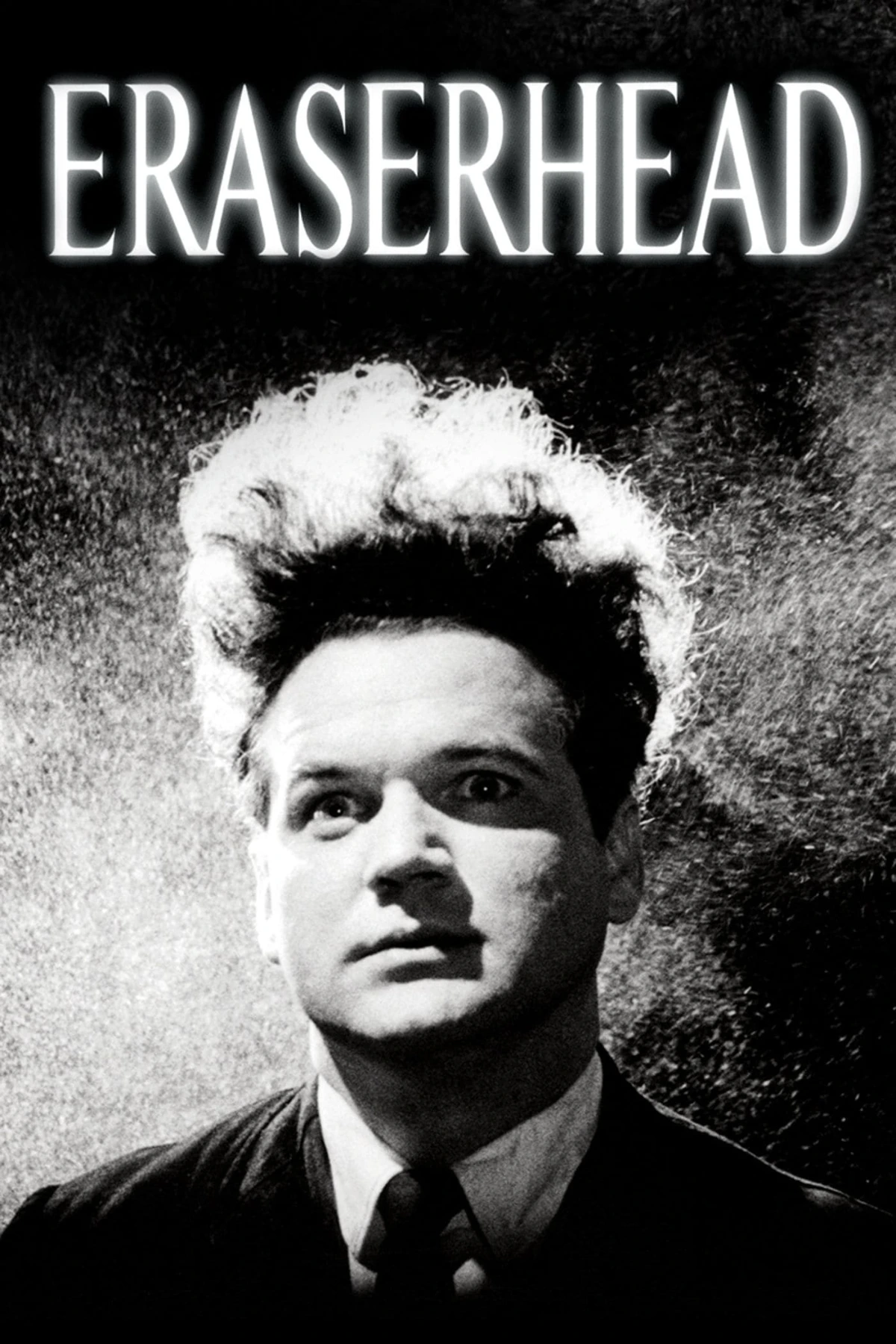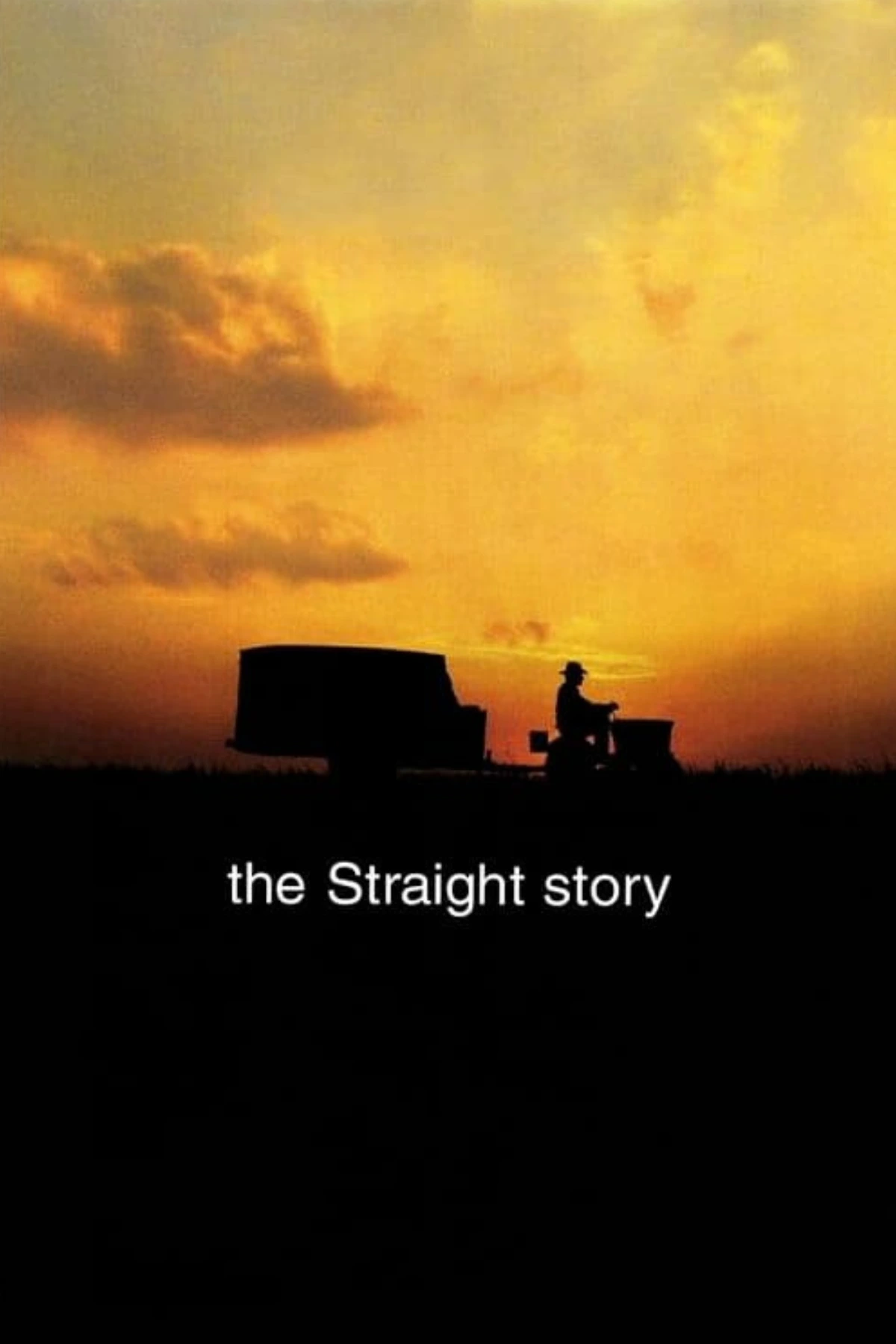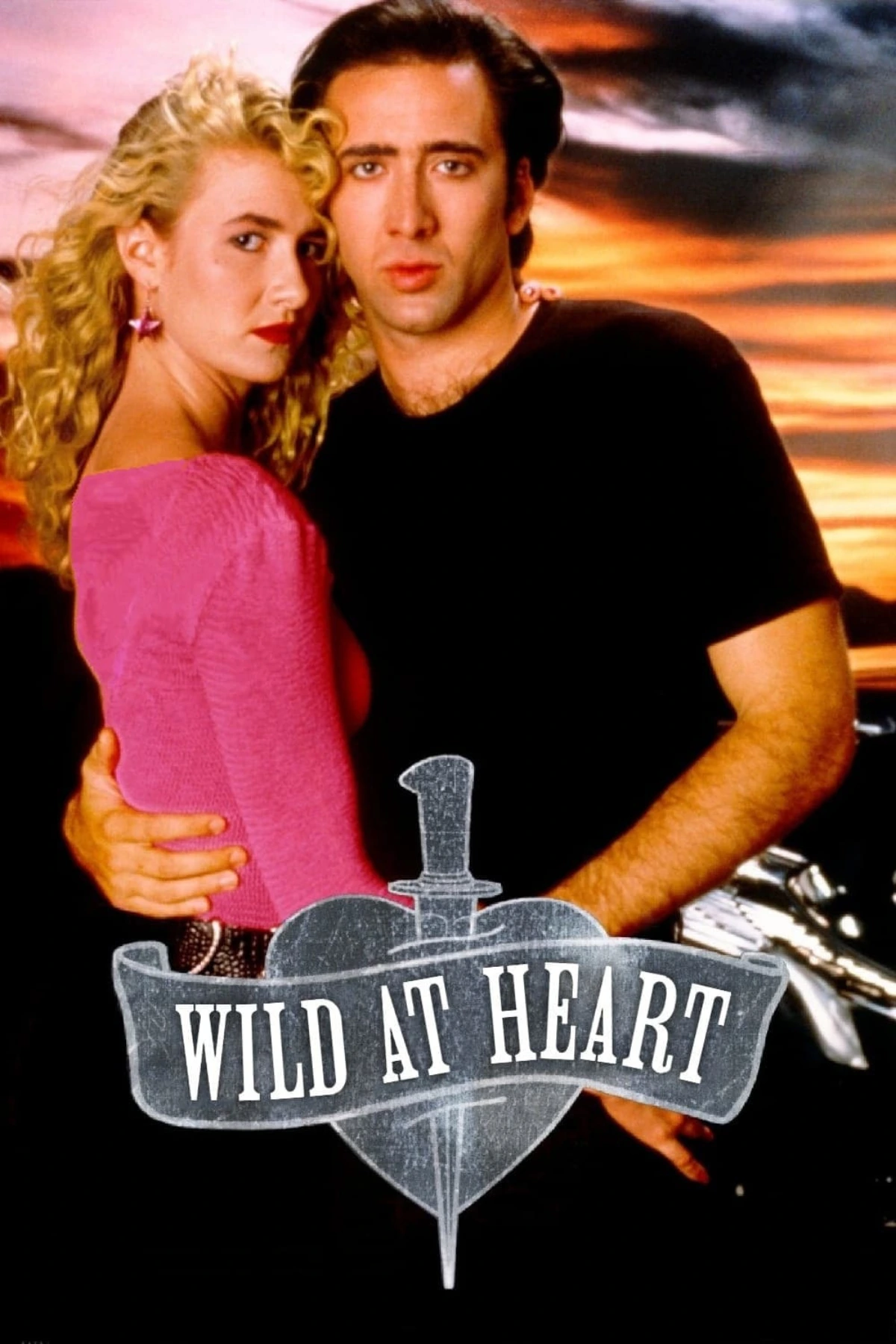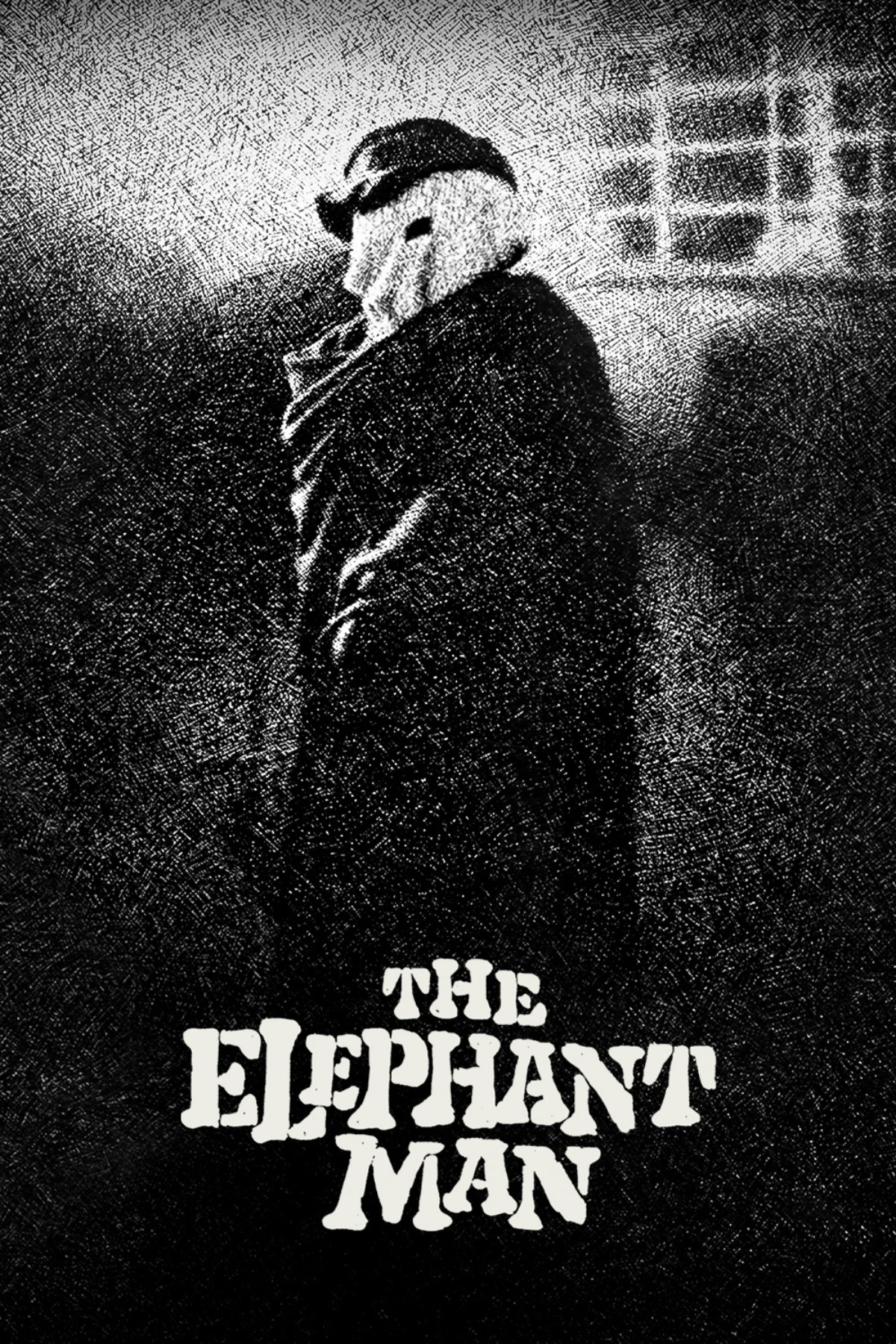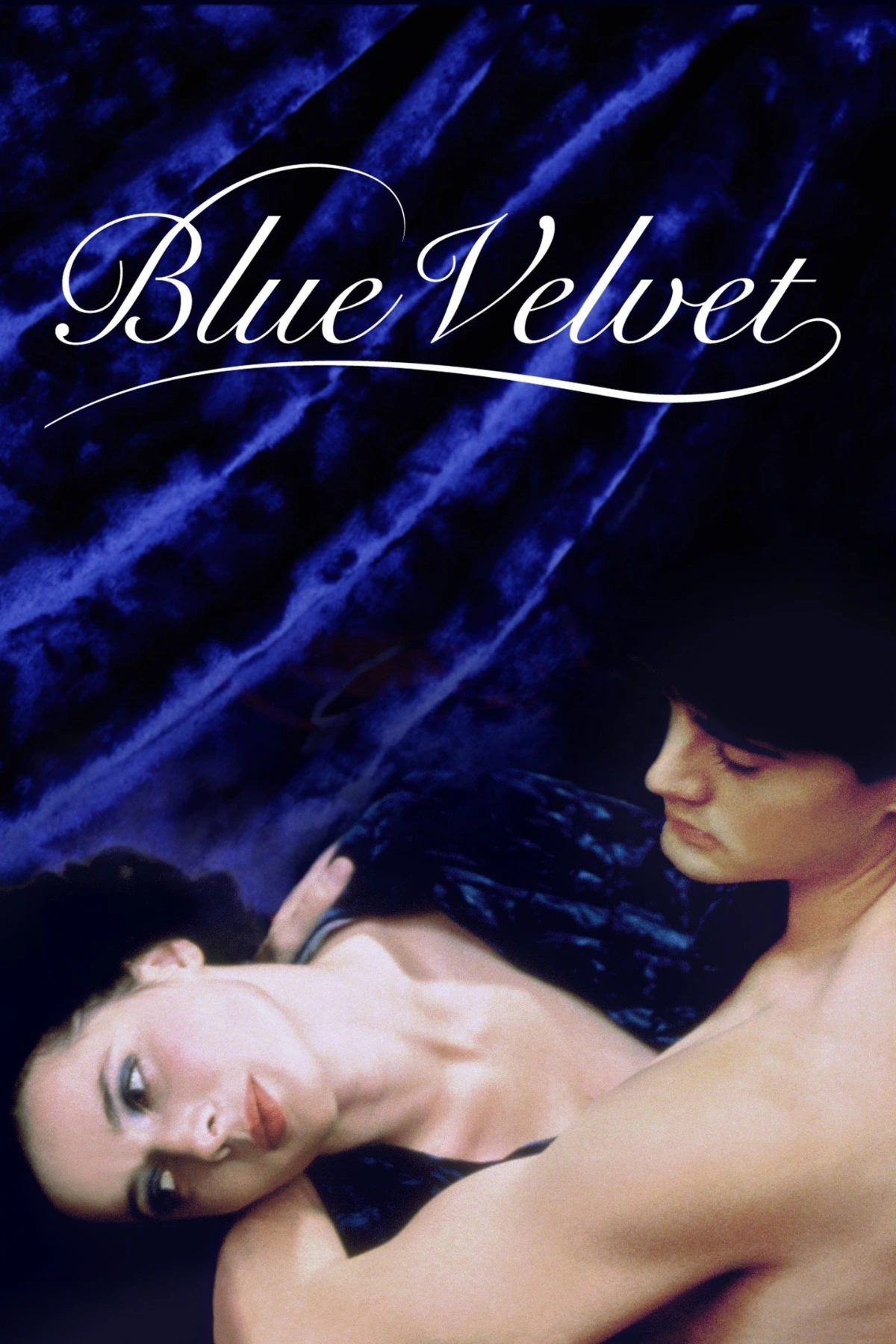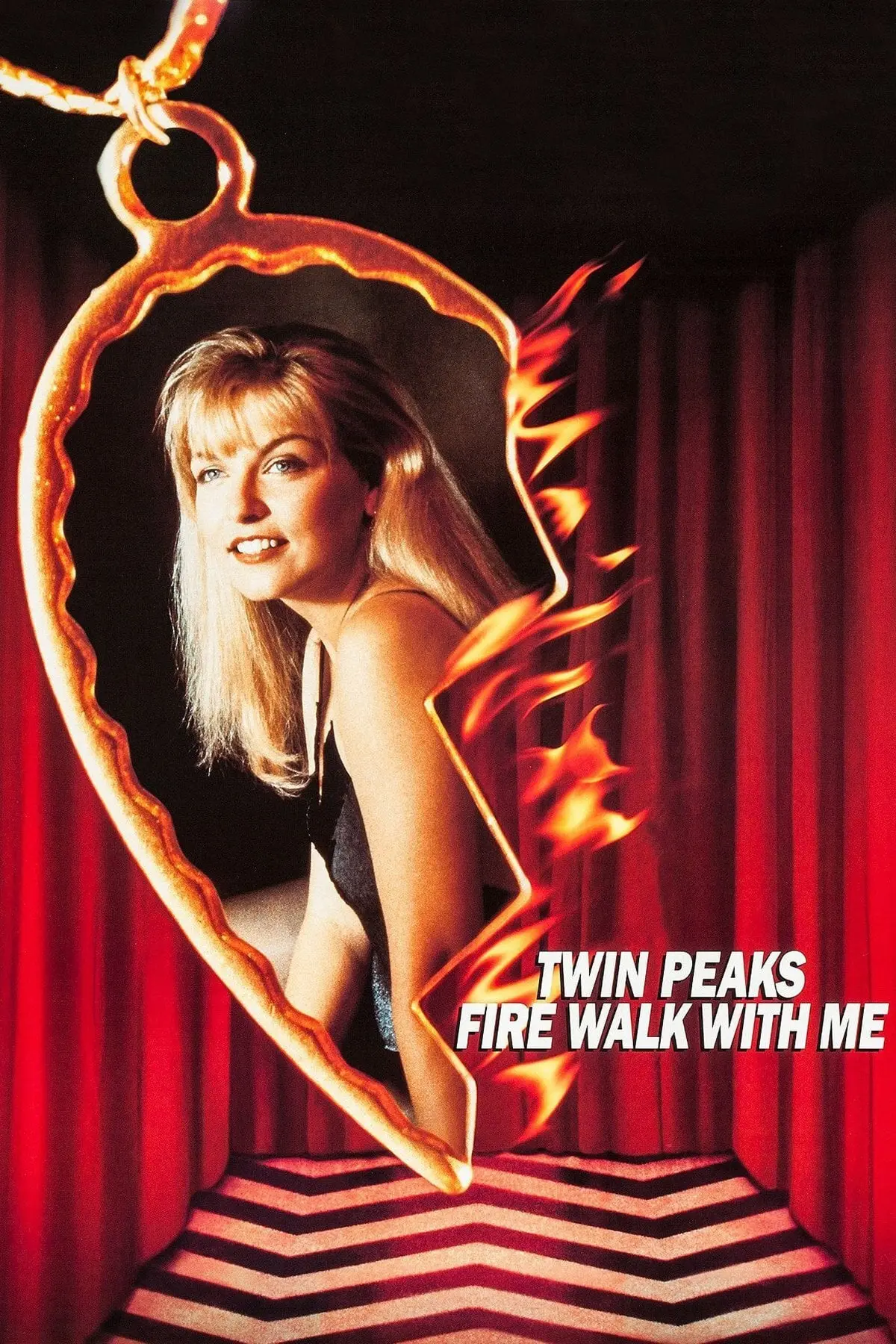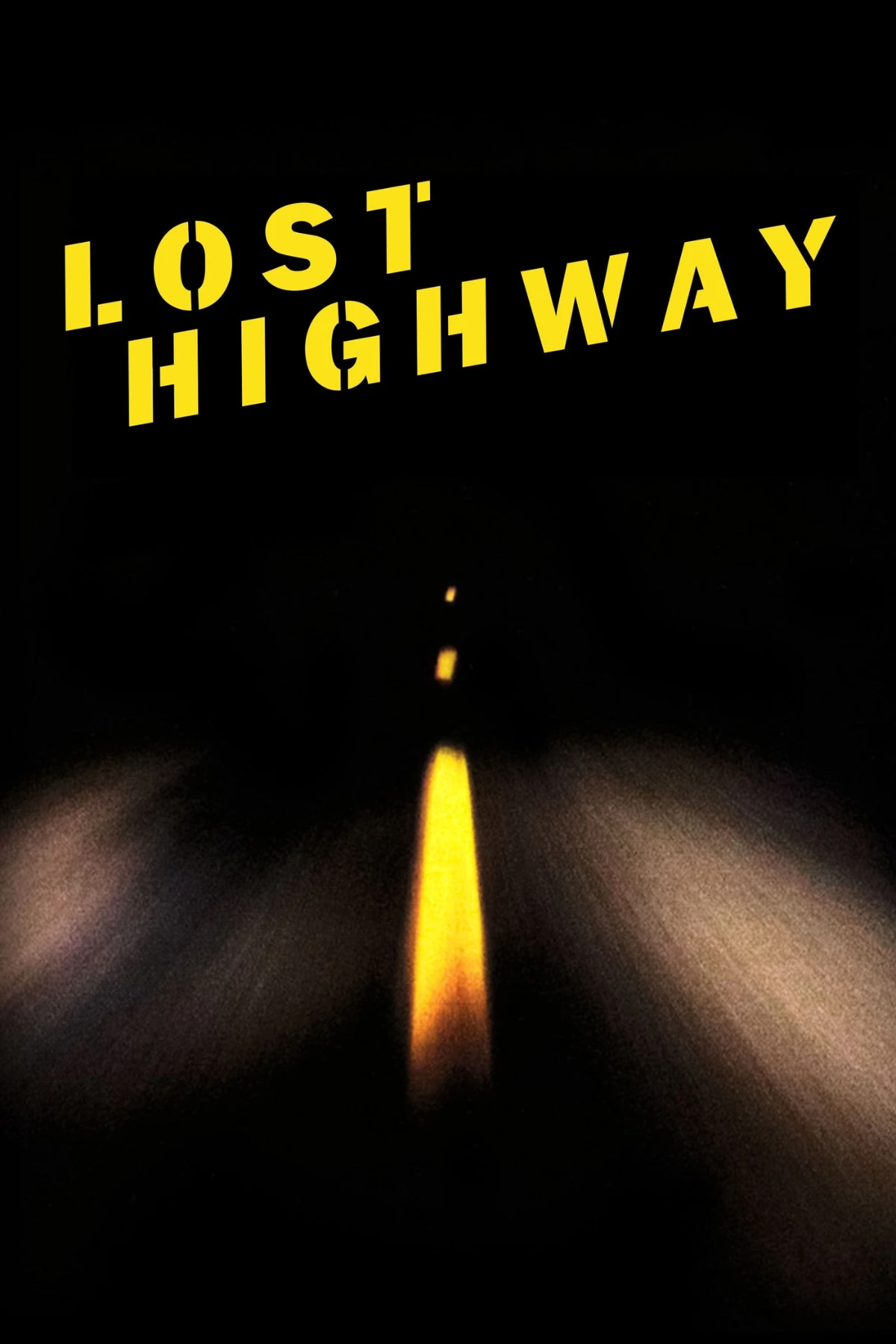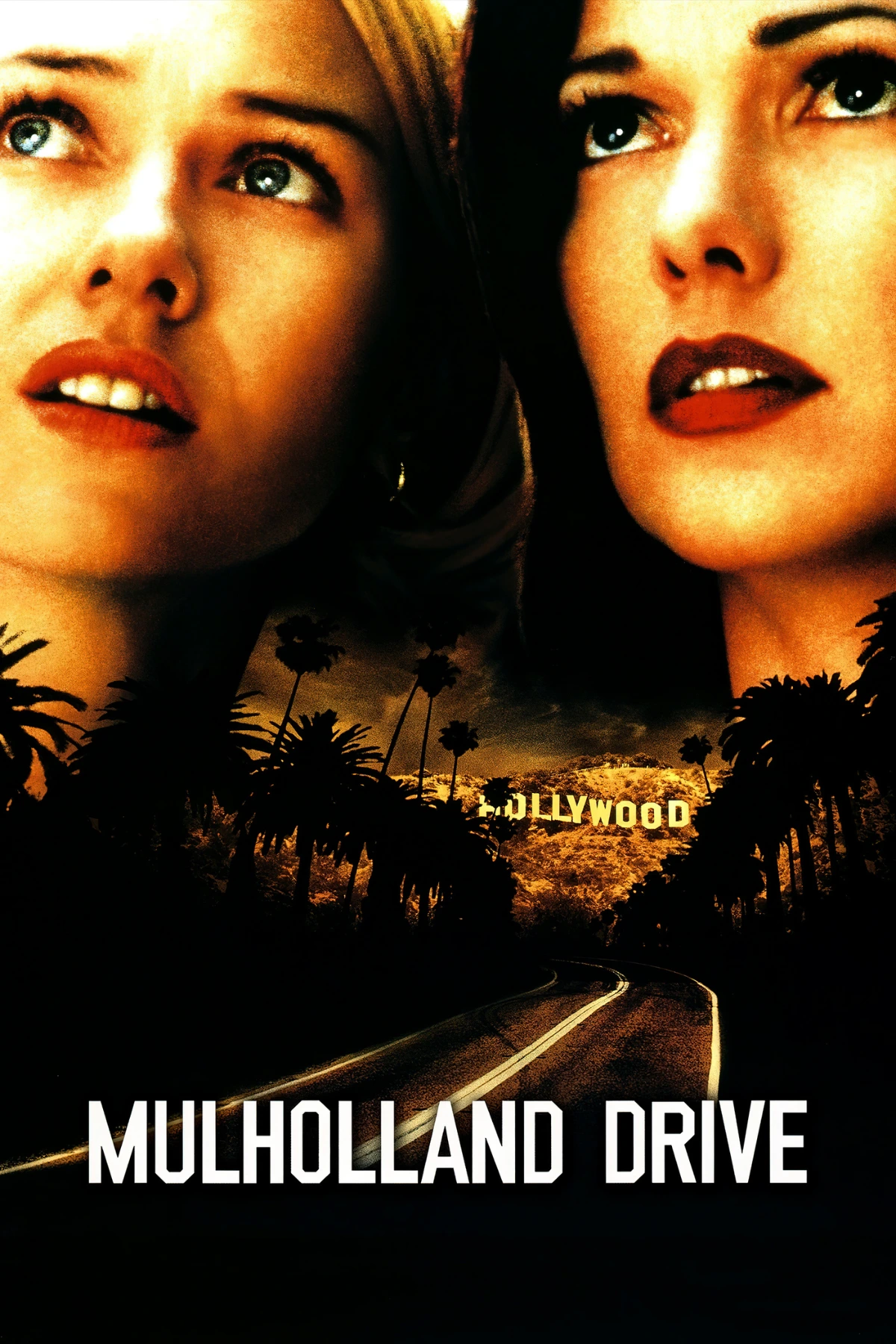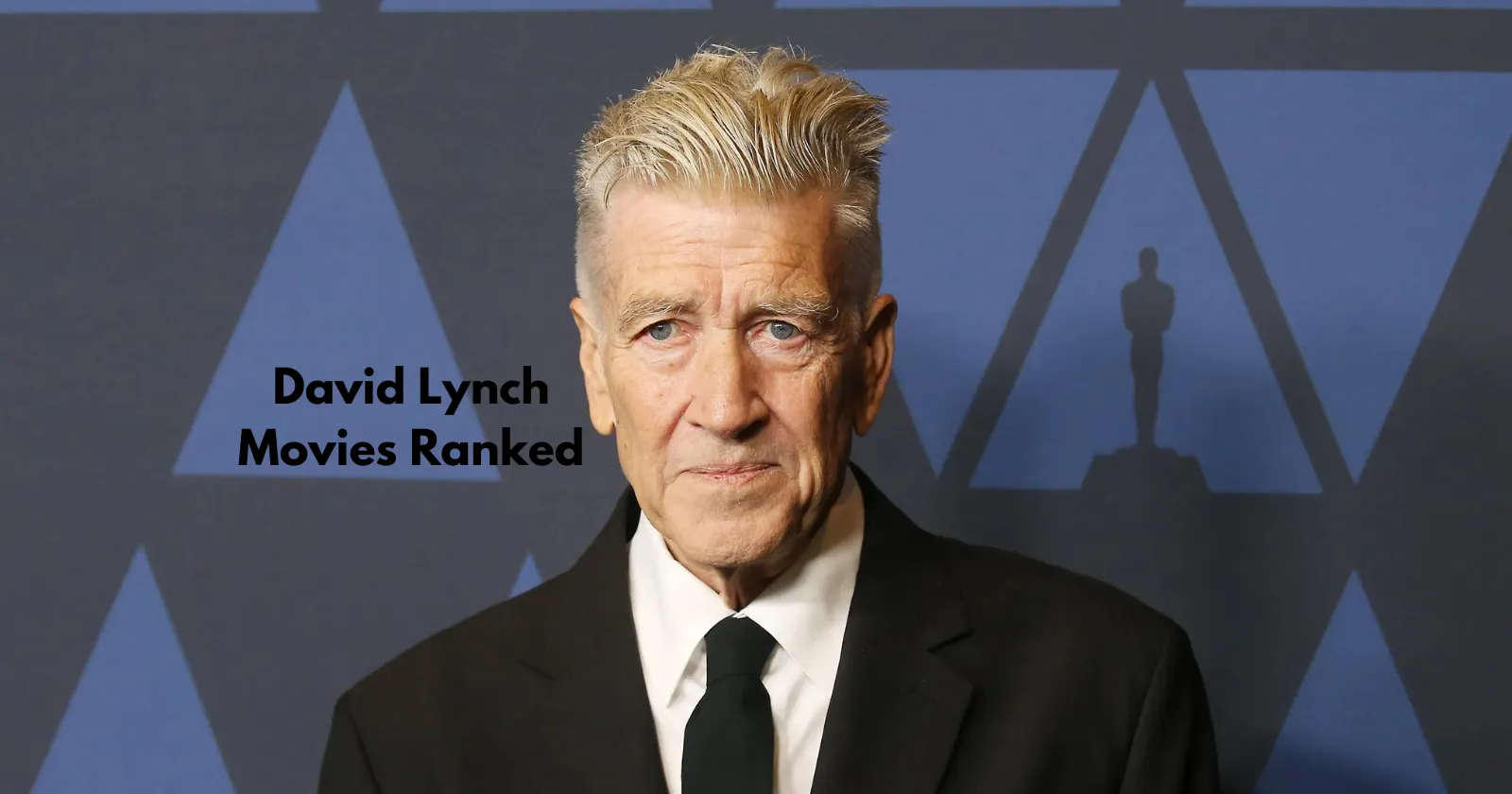
Perhaps there is no filmmaker known for his/her distinct style quite like David Lynch. An enigmatic person and artist, the midwestern director and auteur has made himself quite the career working in the unknowable and unthinkable, crafting a handful of films that don’t entirely make sense, and don’t necessarily need to. Each of Lynch’s movies scratch a different part of my brain. I could make this ranking tomorrow and it would probably be in a completely different order. But for today, this is what I’m thinking (review links are attached at the end of each entry).
10. Dune (1984)
While Denis Villeneuve made his version of Dune rather serious and desolate, David Lynch chose the route of campy and audacious. Science fiction movies used to be a lot less serious, and the 1984 Dune is just as playful as the other science fiction franchises operating during that time period.
Read our review of Dune (1984)
9. Inland Empire (2006)
Inland Empire is not nearly the best David Lynch movie, but it sure is the strangest. It bounces from loosely connected vignettes at a moments notice. Lynch finds a groove with help from a trio of solid performances, headlined by Laura Dern as the main character capable of morphing when required.
Read our review of Inland Empire (2006)
8. Eraserhead (1977)
Eraserhead is unlike anything you’ll ever see – both a testament to David Lynch’s early adoption of idiosyncratic, dreamlike imagery and his interest in turning the usual into the surreal. It’s no wonder the acclaimed director’s 1977 debut breakthrough still stands among the best first films ever made and a canonical entry in 1970s filmmaking; an era that saw decades of boundary-pushing auteurs establish themselves in the industry. While David Lynch‘s career arch wouldn’t take the form of a traditional blockbuster filmmaker, there was clearly enough in Eraserhead to hand him the car keys for whatever passion projects he decided to tackle in the future.
Read our review of Eraserhead (1977)
7. The Straight Story (1999)
Endlessly fascinating as a divergence from the usual style of David Lynch, The Straight Story is the acclaimed director at his friendliest. Made for Disney and sandwiched between Lost Highway and Mulholland Drive, this movie of a farmer just trying to see his brother is an uncomplicatedly intimate and sincere picture of family at its warmest.
Read our review of The Straight Story (1999)
6. Wild at Heart (1990)
Despite winning the Palme d’Or and starring Nicolas Cage and Laura Dern, David Lynch’s Wild at Heart feels like the least acclaimed canonical Lynch film. It’s as if you have to mention it because of the controversy around it receiving the award in 1990, but it hasn’t been reclaimed the same way Lost Highway, Inland Empire, and a few of Lynch’s other movies have.
Read our review of Wild at Heart (1990)
5. The Elephant Man (1980)
The Elephant Man is both the most accessible, straightforward drama that David Lynch has ever made, and his biggest outlier (with close competition from The Straight Story). I suppose those two go hand-in-hand considering the director’s noteworthy style and disregard for formula and narrative. But The Elephant Man still has all of the sheer technical ability and hallmarks of a Lynchian story, even if squeezed into a movie a bit more palatable to a general audience.
Read our review of The Elephant Man (1980)
4. Blue Velvet (1986)
If for nothing else, Blue Velvet serves as a key to unlock the filmography of David Lynch, as if every subsequent movie would take bits and pieces from Blue Velvet and expand them into their own ideas and themes. It’s cryptic, morally ambiguous, and set in the heart of a deep underbelly within small town life. The film is beguiling as hell, and even features many of Lynch’s recurring actors and actresses, led by Kyle MacLachlan and Laura Dern. The movie isn’t as nearly as cut-and-dry as its noir elements suggest and its contemporaries often were, and it seems that public consensus has only further improved since Blue Velvet‘s release in 1986.
Read our review of Blue Velvet (1986)
3. Twin Peaks: Fire Walk with Me (1992)
A sense of dread and despair blankets the entirety of Fire Walk with Me, the prequal movie centered on the torment and inevitable death of Homecoming queen Laura Palmer in the fictional town of Twin Peaks, Washington. There’s little fun to be had as much of the movie descends into a few frightening subplots with characters hiding dark secrets.
Read our review of Twin Peaks: Fire Walk with Me (1992)
2. Lost Highway (1997)
Lost Highway is the most underappreciated David Lynch movie, one that served as an introduction to where he’d be heading in the early 2000s on. Because Lost Highway doesn’t make much sense, and the illogical, beguiling snippets and vignettes that take place within the movie are of a similar nature to Mulholland Drive and Inland Empire. And while Lost Highway is slightly less operatic than Mulholland Drive (and much less indulgent than Inland Empire), it’s still one of Lynch’s best movies, and one of the best movies of the 1990s, period.
Read our review of Lost Highway (1997)
1. Mulholland Drive (2001)
Over 20 years since its release, Mulholland Drive is a worthy canonical entry into film history. David Lynch pieces together one of the strangest, most beguiling movies ever. Every image of this film is seared into my memory. Naomi Watts and Laura Harring both give powerhouse lead performances.
